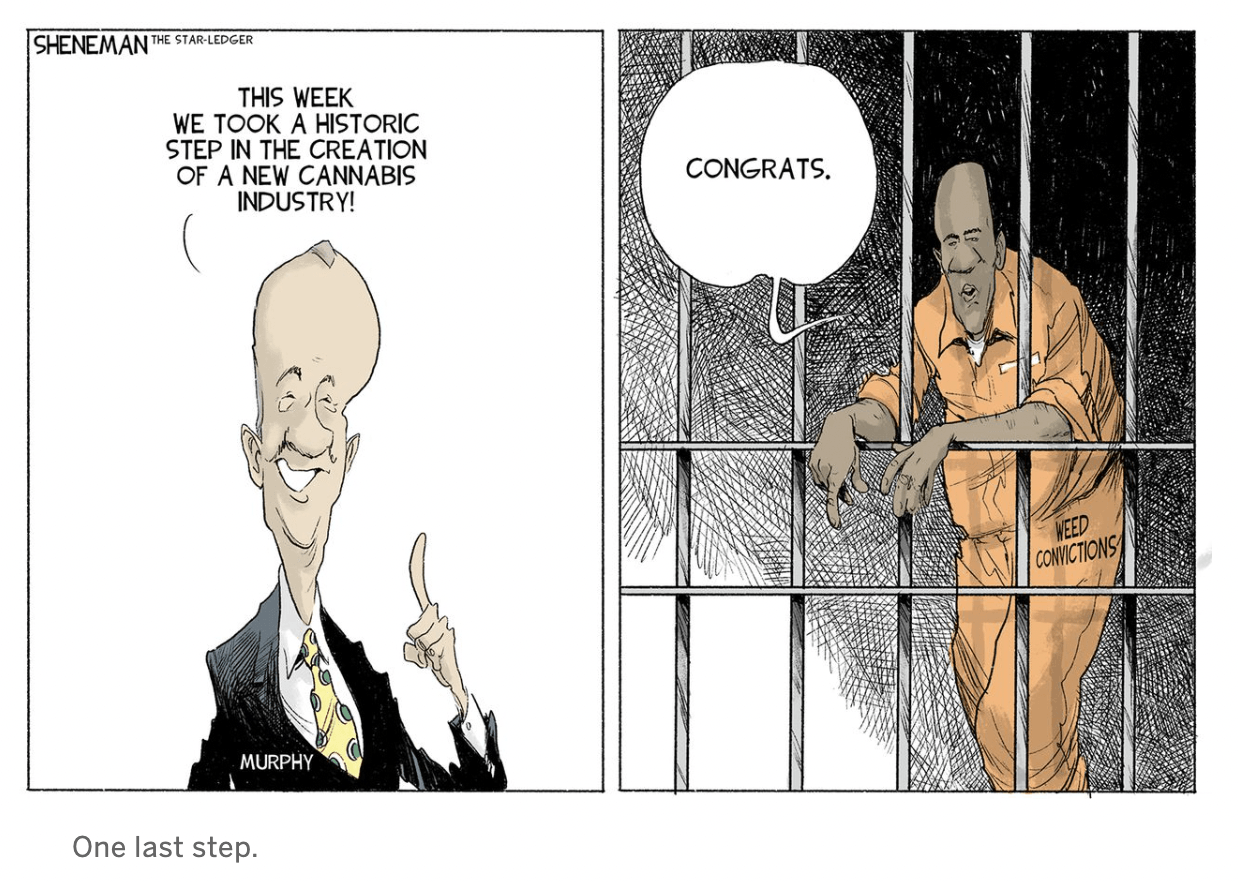The Case for Resentencing

At the end of April, President Biden issued clemencies to 78 individuals, consisting of three pardons and 75 commutations for people serving sentences for nonviolent drug offenses. However, just this week a bipartisan group of House members demanded more information from the President regarding the backlog of more than 17,000 individuals who are seeking presidential clemencies. Lawmakers are criticizing President Biden for not utilizing his executive power to issue clemencies as a part of his campaign promise during the 2020 election. The lack of follow-through by President Biden is not uncommon amongst executives in power.
Back in April, the Prison Policy Institute issued a report reviewing the use of commutations by governors in eight different states and found that those states issue “an average of one commutation for every 10,000 imprisoned people each year.” The use of these executive mechanisms will simply not result in the transformation of our criminal justice system and ensure that every individual who is incarcerated for a cannabis-related offense is released.
The real solution? Statewide as well as federal legislation that create automatic processes to ensure that those who are incarcerated for cannabis-related offenses are given the opportunity to have their sentences reduced. It is time that Americans realize that they cannot solely rely on a President or a Governor to release individuals who are incarcerated for cannabis and other low-level drug offenses,
even if they are a Democrat and made promises during their campaign. The data shows that these executives have fallen dramatically short of delivering on their promises. As voters, we must also pressure our representatives in Congress and within our state legislatures to enact laws that will create automatic resentencing processes where the government identifies eligible cases and initiates their review for potential reduction and release. Delivering justice shouldn’t have to be a political act.






